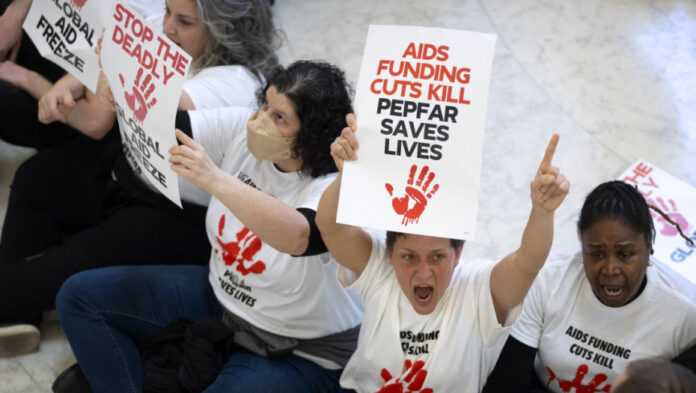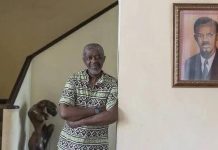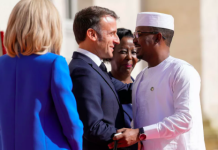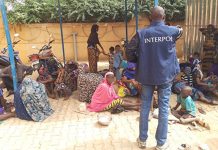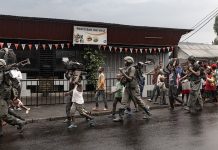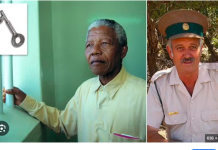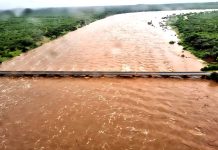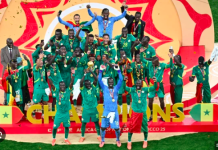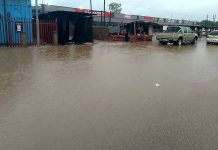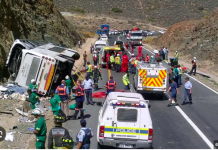
/
RSS Feed
Eight countries—including Nigeria, Kenya, and Lesotho—could soon face critical shortages of HIV medication following the US government’s recent suspension of foreign aid, the World Health Organization (WHO) has warned.
US President Donald Trump announced the freeze on his first day in office in January, pausing foreign aid as part of a broader review of government spending.
A Threat to Two Decades of Progress
WHO Director-General Tedros Adhanom Ghebreyesus cautioned that disruptions to HIV programs could reverse 20 years of progress, potentially leading to over 10 million new HIV cases and three million HIV-related deaths—more than three times the number recorded last year.
Dr. Tedros confirmed that Nigeria, Kenya, Lesotho, South Sudan, Burkina Faso, Mali, Haiti, and Ukraine could run out of life-saving antiretroviral (ARV) drugs in the coming months.
Impact of US Aid Suspension
The freeze has crippled global health programs, stalling shipments of critical medical supplies, including HIV treatment, testing, and prevention services in more than 50 countries.
A waiver issued in February allowed the US President’s Emergency Plan for AIDS Relief (PEPFAR) to continue, but logistical support from USAID and other affected organizations has been severely disrupted.
Launched in 2003, PEPFAR has provided life-saving HIV treatment to some of the world’s poorest populations and is credited with saving more than 26 million lives worldwide.
Sub-Saharan Africa Hit Hardest
With an estimated 25 million people living with HIV in sub-Saharan Africa—more than two-thirds of the global total of 38 million—the funding freeze poses a major crisis.
-
Nigeria has nearly two million people living with HIV, many of whom depend on aid-funded medicines.
-
Kenya, with approximately 1.4 million people living with HIV, has the seventh-largest HIV-positive population globally.
Calls for Reconsideration
Dr. Tedros acknowledged past US generosity in global health funding but urged Washington to reconsider its abrupt withdrawal of aid.
“The US has a responsibility to ensure that if it withdraws direct funding, it does so in an orderly and humane way, allowing affected countries time to find alternative sources of support.”


